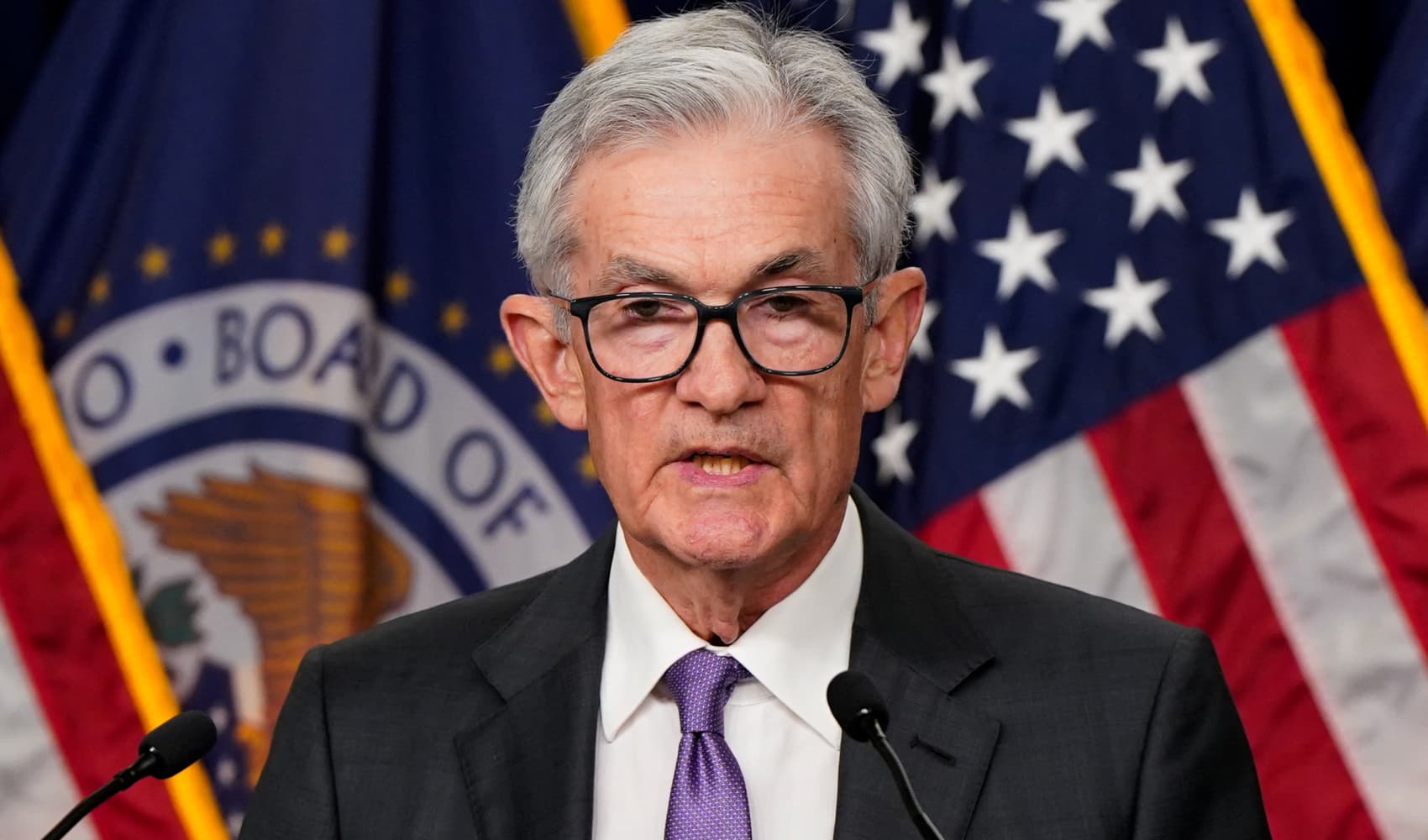
- McDonald's recent decision to raise franchise royalty fees for the first time in decades highlights how the economics are changing for business owners who work with corporate brands.
- More franchise companies may use the McDonald's decision as an opportune time to raise their fees, but few have the brand value of the fast-food giant, which was also operating at below-industry norms for fees.
- Franchise fees have gone up with inflation, but the economics may get more expensive even as inflation falls, driven by technology costs and wage pressures in the labor market.
McDonald's decision to raise royalty fees for the first time in nearly three decades doesn't mean a wave of franchisees across corporate brands are about to see their cost of doing business go up, but it does underscore the need for business owners to keep up with changes in the franchise business model. The economics of being in the franchise business may, in fact, continue to increase based on a number of factors, from regulation of the industry to the cost of technological adaptation.
In McDonald's case, the change from 4% to 5%, starting Jan. 1 — which applies to franchisees in U.S. and Canada who add new restaurants, buyers of company-owned restaurants, relocated restaurants and other scenarios that involve the franchisor, but not existing franchisees — brought the fast-food giant more in-line with other restaurant franchises, many of whom already charge royalty fees in the 5% to 6% range, said Kenny Rose, chief executive of franchise investing platform FranShares.
Outside fast food, franchise royalty fees can be even higher, up to 12% or more based on the type of franchise business, according to the International Franchise Professionals Group, a membership-based organization.
Get New England news, weather forecasts and entertainment stories to your inbox. Sign up for NECN newsletters.
Here's what franchisees need to know about the changing landscape:
Royalty fees could continue to rise
While industry participants said they don't expect franchisors to raise royalty fees en masse, there could be some franchisors that follow McDonald's lead, especially if they are below industry norms, said Keith Miller, a principal at Franchisee Advocacy Consulting and spokesman for the American Association of Franchisees and Dealers, a trade association.
Money Report
In fact, the McDonald's increase is right on the industry average, according to the International Franchise Association. In the quick-service restaurant space, 62% of brands changed royalties over a 30-year period by an average of 1.3%, according to its data.
For comparison, Wendy's charges royalty fees in the 4% to 6% range; Burger King charges 4.5% and Subway has a royalty fee of 8% of gross sales, according to information they disclose on their respective websites.
Franchisors are in a race to stay ahead of their own corporate rivals and there is significant value associated with a brand like McDonald's.
"Franchisors compete against each other for quality franchisees," said Robert Branca Jr., who owns several Dunkin' franchises and serves on both the Coalition of Franchisee Associations and the International Franchise Association boards. "Everybody knows who and what McDonald's is. They have the clout to get a higher royalty fee than a lesser brand."
That's not to say all McDonald's franchisees were happy about the new fee model.
In a letter from a McDonald's franchisee-owner group shared with CNBC, they noted that their restaurants are generating less cash flow today than they were in 2010 despite what they described as record revenue for McDonald's Corporation. The owners' group warned that reinvestment decisions should be reconsidered as it will not provide a historic return and "it's time for every owner-franchisee to begin focusing on protecting their business, employees and family."
McDonald's says 2023 is expected to be one of the highest cash flow years in franchisees' history.
Other franchise business costs will inevitably increase
Over the last five years, initial franchise fees as well as royalty rates have basically kept pace with the rate of inflation, according to Matt Haller, chief executive of the IFA.
But that means inflation significantly boosted the cost of opening new business units. In 2022, according to the IFA, the cost of investing in a franchising unit increased by as much as 30% — when combined with higher interest costs. In the service industry, from 2019 to 2023, there was an compound annual growth rate of 4% to 5% in initial franchise fees.
It's inevitable that franchise fees will go up over time to account for factors such as inflation and the fast pace of technological change. Franchise fees include royalty fees, marketing assessments, reservation fees and guest loyalty program fees.
Some costs simply have to increase, even mid-contract, Branca said. "Things change and you need to stay relevant to your consumer if you want to stay in business."
He gave the example of mobile apps, digital ordering and electronic menu boards, which may not have been as relevant if a franchise agreement was signed several years ago.
It's important for franchisees and prospective franchisees to remember that fee increases can lead to increased sales and profits for their businesses, such as investments in marketing which drive more customers to stores. There is no guarantee this will be the result and it won't be the result in every single case, but there is a relationship between costs and business opportunity that cannot be summarily dismissed.
Franchise disclosures are being scrutinized, including by the FTC
One of the first places a prospective franchisee goes for information about investing in a franchise business is the Franchise Disclosure Document.
Branca is part of an International Franchise Association committee working to simplify the information in the FDD, which contains essential information on costs and expenses. The current format, which can run several hundred pages long, is decades old and not user-friendly, he said. The goal is to modernize disclosures to prospective franchisees and make the information more easily understood.
That may include an executive summary that more easily answers questions like: How much will it cost me and what other expenses can I expect that the FDD might not disclose?
Other questions the summary could address include: How much can I make, what are the risks and how can I exit the enterprise if it's not working out?
"The more you can ferret out through improved disclosure, the better outcomes you're going to get for brand growth and franchisee profitability," Haller said.
That industry effort comes amid a review by the Federal Trade Commission of the Franchise Rule it enforces to govern the relationship between franchisors and franchisees. Earlier this year, it sought public comment on its concerns "about how the franchise relationship is working, and how it is not," according to a March release.
"It's clear that, at least in some instances, the promise of franchise agreements as engines of economic mobility and gainful employment is not being fully realized," said Elizabeth Wilkins, Director of the FTC's Office of Policy Planning in the release.
More than 5,500 comments were received, including from the IFA and big brands including Marriott, Hilton and Yum! Brands, as well as McDonald's franchisees. An FTC proposal for amendments to the rule could come by the end of the year, according to previous CNBC reporting.
Pending changes in federal labor law could upend franchise economics
It's also worth watching what happens with the National Labor Relations Board' proposed rule on joint-employer status, expected to be finalized this month.
Under the proposed rules, franchisees would be considered employees of and/or co-employers with their franchisor. This could mean higher employment costs for franchisors, which could upend the economics of the franchise model, Haller said.
"If it stands, it could lead to franchisors pursuing more of a corporate model than a franchising strategy," he said.
In this scenario, according to an analysis conducted by Oxford Economics (commissioned by the IFA), franchisors might reduce or eliminate many of the services they typically provide to franchisees. From training, to uniforms, tools and equipment, and customer service standards, costs could be transferred costs to franchisees.
But the Oxford Economics report says the model could move in the other direction as well, with a change in the law leading to even greater control of the individual franchise locations as franchisors seek to avoid potential violations, fines and litigation. That would likely increase the franchisor's management expenses — "more audits, new departments, additional technologies, and the presence of a franchisor's employee on site" — and franchisees should expect that at least some of these expenses will be passed on, potentially reducing their return on investment.
Franchise owners should take an active role and organize
With costs increasing and regulatory changes looming, franchise owners should start by keeping up on what a particular franchisor is doing with respect to fees and other policies.
But they should also be organizing among peers to defend their interests and business models, says John Motta, chairman of the Coalition of Franchisee Associations, an advocate for member franchisees. He suggests franchisees get involved in their franchisor's advisory council, if one exists. This is a good way to get a "sense of what's ahead," he said.
And if there is no council, it could be worth starting one to help facilitate communication with the franchisor, said Motta, who owns 32 Dunkin's across New Hampshire and Virginia.






